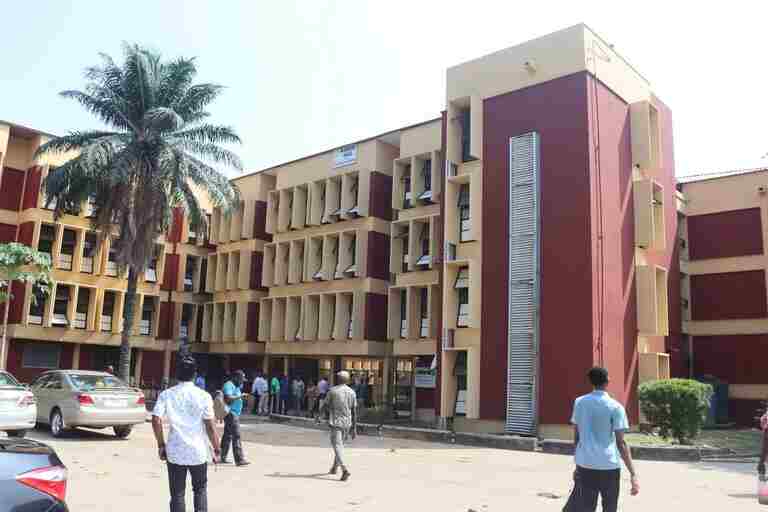In Nigeria’s universities, the grading system ranges from First Class Honours to Pass. In polytechnics, it goes from Distinction to Pass. However, achieving a First Class Honours (equivalent to a Distinction in polytechnics) often transcends academic efforts for some exceptionally brilliant students.
The reason? Personal grudges and the transfer of aggression from lecturers to their students, particularly those who excel academically.
Unlike certificate or sex-for-marks scandals, which can be investigated, grade politics in Nigeria’s tertiary institutions is far more insidious. Often, it is difficult to identify which lecturer might be tampering with your grade. And this issue is not restricted to those aiming for a First Class—it cuts across all top grades.
The experiences of students across various institutions and geopolitical zones highlight this disturbing trend.
For example, Waziri Adebowale Adio, the former Executive Secretary of the Nigeria Extractive Industries Transparency Initiative (NEITI), encountered grade politics at the University of Lagos (UNILAG). Adio, who was the best student in his department throughout his undergraduate years, was awarded a Vice Chancellor’s scholarship for his outstanding academic performance.
However, despite graduating as the best student in the Faculty of Social Sciences in 1992, he fell short of a First Class by a mere 0.01 point—a margin comparable to scoring 99.99%. This seemingly intentional “degradation” to a Second Class Honours speaks to the complex and controversial nature of grade politics in Nigeria.
While it may be hard to pinpoint the precise reasons for this phenomenon, one commonly cited factor is the transfer of aggression.
Some lecturers who faced challenges during their own academic journeys seem determined to impose similar hurdles on their students. For instance, a lecturer at Osun State Polytechnic once famously remarked, “There is no way you will get an A in my course.” This mindset reflects a deep-seated frustration, where lecturers—having struggled with their own academic achievements—unconsciously (or consciously) take it out on their students.
This raises important questions: Why should a committee determine whether a student deserves a particular grade? What standards are applied in Nigerian universities to justify these decisions? Shouldn’t a student who has fulfilled all the academic requirements automatically receive the grade they have earned?
While it is understandable that a student’s character can influence their academic outcome, it is difficult to justify why some lecturers would intentionally lower the grades of brilliant students who meet both character and academic standards. The practice of grade politics hinders academic excellence and diminishes the value of hard work.
This issue of academic politics can be reduced by having an institutional reform in place. Universities and polytechnics should establish transparent grading policies and appeal systems where students can challenge unfair grading. A more standardized and objective grading system could minimize the influence of personal biases.
There should be regular training and evaluations for lecturers, focusing on ethics and fairness. Institutions should encourage peer reviews of grading to ensure objectivity.
A robust feedback system where students can report instances of grade manipulation or harassment without fear of repercussions is essential. Such mechanisms should be anonymous, and complaints should be addressed by an independent body within the institution.
Schools could foster a culture of mentorship between lecturers and students. Encouraging lecturers to view inquisitive students as opportunities for academic growth, rather than threats, would improve the learning environment and reduce unnecessary animosity.
Conducting random audits of final year results across departments may help identify patterns of grade manipulation. This could deter lecturers from unjustifiably altering grades and ensure fairness.
Reducing the menace of grade politics is crucial to nurturing academic excellence in Nigeria’s tertiary institutions. Both lecturers and institutions must work together to create an environment where merit, and not personal bias, determines success. The pursuit of knowledge should be celebrated, not stifled.
Join EdubaseNG WhatsApp Channel to get the latest education & student loan tips
Join our Telegram Channel to get the latest news about Student Loans & Education News.
Are you a stakeholder in education? You can become our guest writer. Write to us using our our email address here




